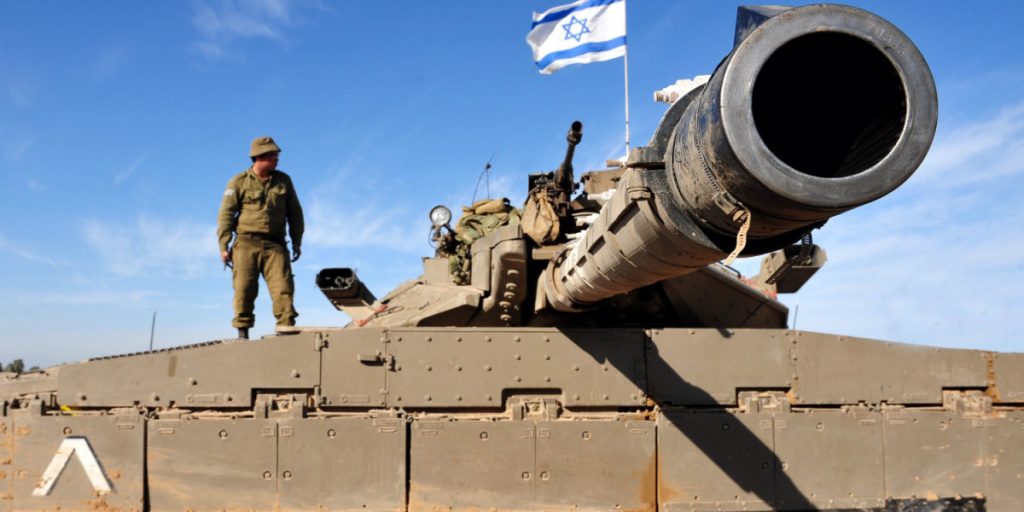Israeli ground forces have crossed into Syria.
Others are reading now
Israeli ground forces have entered Syrian territory within the demilitarized zone for the first time since the 1973 Yom Kippur War and the 1974 ceasefire agreement, according to two Israeli officials who spoke to The New York Times (NYT).
The Israeli army reportedly secured strategic positions on Mount Hermon and other key locations to prevent armed opposition groups, which recently toppled Bashar al-Assad’s regime, from seizing military facilities near the Golan Heights.
These facilities could potentially be used against Israel, the NYT sources said.
According to Axios, Israel informed the United States of its intent to take control of the buffer zone, describing the move as a temporary measure lasting a few days to weeks, depending on the stabilization of the security situation along the border.
Also read
Tel Aviv has also warned Syrian anti-government forces not to approach the border, stating that the Israeli army would respond if they did.
Israeli Prime Minister Benjamin Netanyahu defended the deployment, citing the collapse of the 1974 agreement that established the buffer zone and the Syrian army’s retreat from the area.
“We are acting first and foremost to protect our border,” Netanyahu said.
The Israeli operation comes in the wake of upheaval in Syria.
On December 8, Syrian rebels captured Damascus, prompting President Bashar al-Assad to resign and seek asylum in Russia. Following these developments, the Israeli Defense Forces (IDF) declared parts of the Golan Heights a closed military zone.
In addition to the ground operation, Israel carried out targeted airstrikes in Syria. According to Türkiye Today, chemical weapons storage facilities were hit to prevent them from falling into rebel hands.
Reuters reported additional strikes on Damascus, targeting a research center allegedly linked to Iran’s missile development program, as well as on the Khalkhala airbase in southern Syria.

